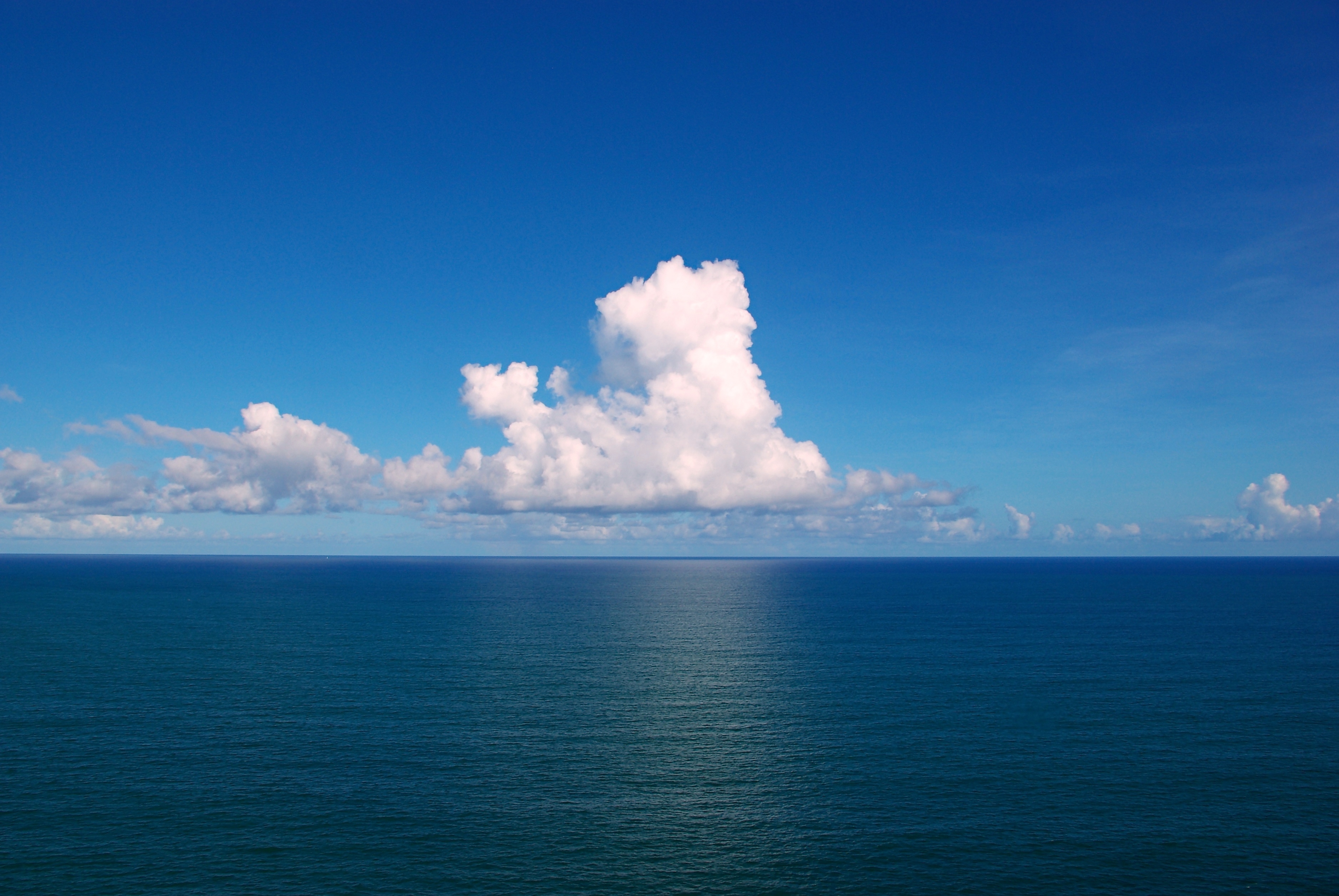STEM
Climate Change
Nature of Science
Edward Hessler
A while back, the journal Science published a short perspective on an aspect of global warming that receives much less press than other aspects. It was on how fast the oceans are warming. That paper is behind a membership paywall although a summary is available. One of the authors was John Abraham, a professor of engineering at the University of St. Thomas, St. Paul.
The short summary is that "observational records of ocean heat content show that ocean warming is accelerating." And once again, the observational data support global warming models, i.e., the "models reliably project changes in" increased ocean heat content (OHC). The effects of OHC are alarming and include "increases in rainfall intensity, rising sea levels, the destruction of coral reefs, declining ocean oxygen levels, and declines in ice sheets" (glaciers and polar ice caps). This is more evidence that Earth is in fact warming.
One of the important features of this paper is that it is based on "multiple lines of evidence from four independent groups (different studies, different approaches) thus now suggest a stronger observed OHC warming." Ron Meador who writes on the environment for MinnPost talked with Professor Abraham about this paper and he puts into perspective the significance of the studies: "prior estimates were about 40 percent too low."
Abraham brings very special skills and talents to this work. His graduate work was in fluid mechanics, the branch of physics concerned with the mechanics of fluids (air and liquids) and the forces on them. I especially recommend the section of this paper in which Abraham explains how flawed data were collected, not the least of which is that these measurements were made for another purpose as you will note.
Meador who writes the Earth Journal column for MinnPost reports on the paper's findings as well as described Abraham's research on improving the accuracy of the data, including the use of Argo sensors--a remarkable piece of engineering design that now includes a global array of 3800 free drifting floats that measures the temperature and salinity of the upper 2000 m of the ocean--in more detail and I urge you to read his essay. Currently, there are not enough Argo sensors to completely cover and represent temperature variations in the world's oceans.
Abraham calls attention to the important contribution of the lead author of the paper, Lijing Cheng, published in Science who developed a trustworthy way to cover the gaps--reducing the errors between Argo instruments.
This is an important report.
Once again I recommend Ron Meador's writing. He knows the beat well and also reports on it very well.

 CGEE Student Voice
CGEE Student Voice
No comments:
Post a Comment